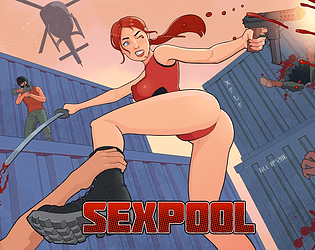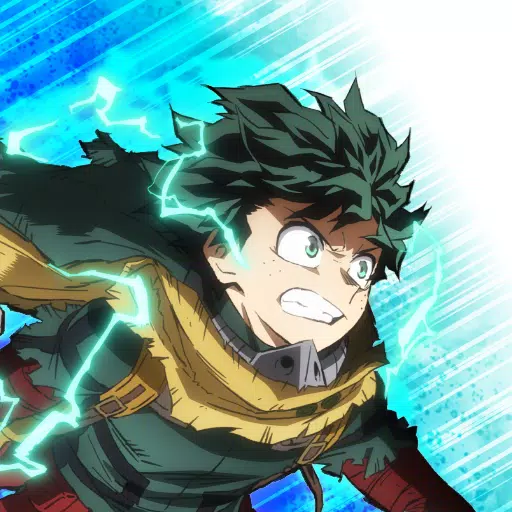In a groundbreaking move against video game piracy, Japanese authorities have arrested a 58-year-old man on January 15, marking the first time someone has been detained for modifying Nintendo Switch hardware. According to reports from NTV News and translated by Automaton, the man is suspected of breaching the Trademark Act by altering Switch consoles to play pirated games and then selling them.
The suspect allegedly welded modified parts onto the circuit boards of second-hand consoles, enabling them to run unauthorized games. He is accused of loading these consoles with 27 illegally obtained games and selling each modified unit for ¥28,000, approximately $180. The man has confessed to the charges and is under further investigation for potential additional violations, as stated by the police.
Nintendo, a company at the forefront of the battle against piracy, has been actively pursuing legal avenues to protect its intellectual property. A notable example is the takedown of 8,500 copies of the Switch emulator Yuzu in May 2024, following the emulator's removal two months earlier. The lawsuit against Yuzu's creator, Tropic Haze, highlighted that Nintendo's flagship title, The Legend of Zelda: Tears of the Kingdom, had been pirated over one million times before its official release in 2023.
Legal actions against piracy are on the rise, with successful lawsuits like the one against the game file-sharing site RomUniverse, which was ordered to pay Nintendo $2.1 million in damages in 2021 and more than $12 million in 2018. Additionally, Nintendo's efforts extended to blocking the GameCube and Wii emulator Dolphin from being released on the PC gaming platform Steam.
This week, Koji Nishiura, Assistant Manager of Nintendo's Intellectual Property Division, shed light on the company's stance on piracy and emulation. He noted, "To begin with, are emulators illegal or not? This is a point often debated. While you can’t immediately claim that an emulator is illegal in itself, it can become illegal depending on how it’s used." This statement underscores Nintendo's ongoing commitment to combating piracy and protecting its creative assets.















